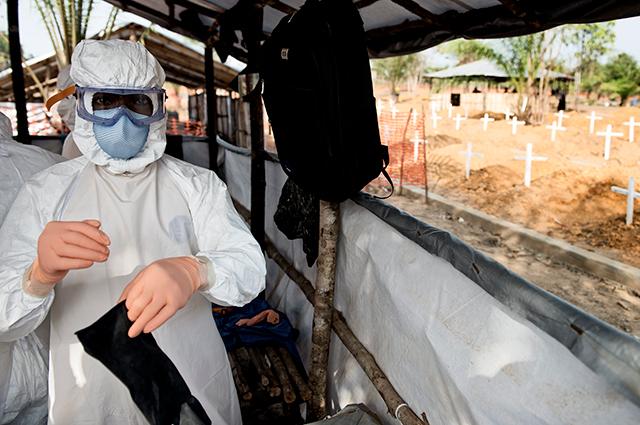-
About
-
Academics
- Physician Assistant
- Special Master’s (MBS)
-
Admissions & Financial Aid
- Tuition & Fees
-
Student Life
-
Research
- Research Labs & Centers
-
Local & Global Engagement
- Global Health Program
A Push to Prevent the Next Pandemic
Tufts will head a global program that aims to stop new viruses from becoming a widespread danger to humans

Taking the lead on a five-year, $100 million federal program, Tufts University will head a wide-ranging international development and research effort to head off future pandemics like COVID-19, which has killed more than one million people and devastated economies around the world.
Experts from several Tufts schools and 12 partner institutions will take part in the project, which was announced by the United States Agency for International Development (USAID) on Sept. 30. They will work with high-risk countries to strengthen their capacity to gain and use essential knowledge about how viruses emerge; collaborate with them to identify human behaviors that lead to outbreaks; and help them prepare their public health systems to contain spread during a pandemic.
The project, named Strategies to Prevent Spillover, or STOP Spillover, will target viral zoonotic diseases— infections that originate in animals before they “spillover” into humans, sometimes with terrifying consequences. There are signs that the SARS-CoV-2 coronavirus may have originated in bats, as did the SARS and MERS viruses in the early 2000s. Ebola most likely originated in bats or primates. Scientists believe people first contracted HIV by hunting and eating chimpanzees. An estimated 70 percent of emerging infectious diseases are zoonotic, and outbreaks are getting more frequent.